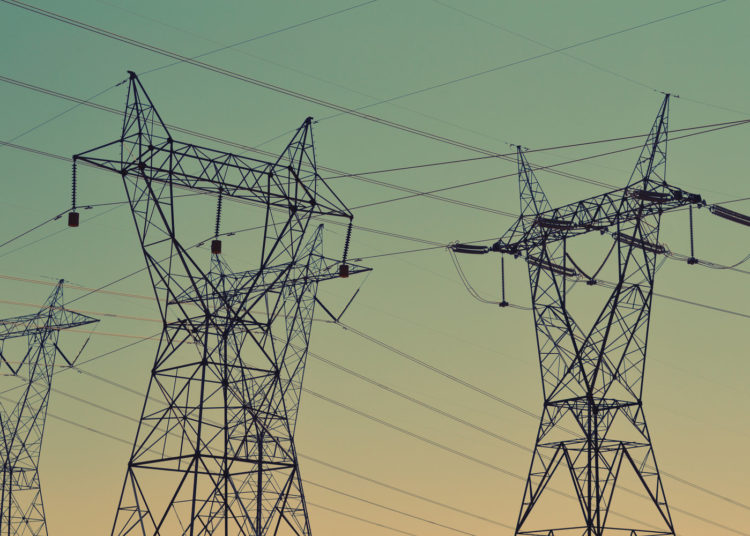The manufacturing sector’s expenditure on alternative energy sources for the production of electricity for its operations hit N45.036 billion in the second half of 2021.
This represents an increase of 12.86 per cent from the N32.18 billion recorded in the first half of the year.
This was contained in the Manufacturers Association of Nigeria (MAN) half-year review of the economy from July to December 2021.
Analysts foresee that manufacturers’ alternative power generation cost will more than double in the current year due the rise in price of crude oil on the international market and attendant scarcity of diesel.
Manufacturers have come under intense pressure in recent months as a result of rising crude oil prices which resulted in the astronomical increase in the price of diesel.
The doubling of diesel prices in Nigeria leaves the country’s manufacturing base fighting for survival.
While petrol prices in Nigeria are subsidised, diesel prices are unregulated, so the impact of higher crude is immediate and unavoidable.
According to research from Chapel Hill Denham, diesel prices are up 129 per cent so far this year, and the firm forecasts that prices will end up 123 per cent in 2022.
The cost of diesel has become a regular dinner-table topic, said Mickael Vogel, director at the Hawilti research group in Lagos. The only alternative in Nigeria is to use gas, but many smaller companies can’t manage the required capital expenditure, he said.
A lot of companies “don’t have the cash to buy diesel, but they don’t have the cash to switch to gas either. Neither are they able to borrow from the banks,” Vogel says.
For some smaller manufacturers, layoffs are the only possible option.
“Many manufacturers realise that they should have switched to gas already, and some are now having to lay people off,” Vogel says.
Manufacturing, transportation and logistics will be the worst-affected sectors due to their high diesel reliance, says Abdulazeez Kuranga, an economist at Cordros in Lagos. Companies can reduce the impact by getting more employees to work remotely rather than in the offices, he said.
Meanwhile, the MAN report said: “Although, electricity supply from the national grid has marginally improved since 2019, notwithstanding, however, electricity supply from the grid has persistently been inadequate, compelling manufacturers to invest heavily in alternative energy sources to sustain uninterrupted production activity.
“While some of them have invested in diesel generating plants, some others are utilising gas plants. The costs associated with these plants are further increased by expenditure on spare parts and other energy management apparatuses such as stabilisers, UPSs, and Inverters.
“Unfortunately, the cumulative expenditure on these alternative energy sources and the high tariff associated with supplies from the national grids majorly account for the high cost of production in the sector. With the share of energy standing at a colossal 40 per cent.”
The report further revealed that this is against N57.75 billion recorded in the corresponding half of 2020, thus, indicating N12.71 billion, or 22 per cent, declined over the period. However, it increased by N12.86 billion when compared with N32.18 billion recorded in the preceding half.
Expenditure on alternative energy sources stood at N77.22 billion in 2021 as against 81.91 billion recorded in 2020.
According to the report, the decline in expenditure on alternative energy sources in 2021 was ascribed to the marginal improvement in the national electricity supply over the period.
It noted that average daily supply of electricity has been stable at 11 hours and power outage three times per day respectively.
Further analysis showed that in the Electrical/Electronic sectoral group, manufacturing capacity utilisation increased by 63 per cent in the second half of 2021 from 50 per cent recorded in the corresponding half of 2020, thus, indicating 13 percentage points increase over the period. It also increased by 13.9 per cent when compared with 49.1 per cent recorded in the preceding half.
The president, MAN, Mansur Ahmed, said: “Electricity supply provides a significant share of total cost of production in the manufacturing sector in Nigeria.
“This is a major reason for the poor competitiveness of made-in-Nigeria products and has been a key impediment to the export potential of the manufacturing sector. ”
He, however, noted that in recent times, electricity supply to the manufacturing sector through the national grid had maintained consistent improvement in terms of average daily supply and outages.




